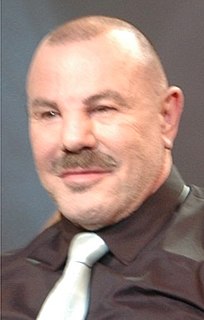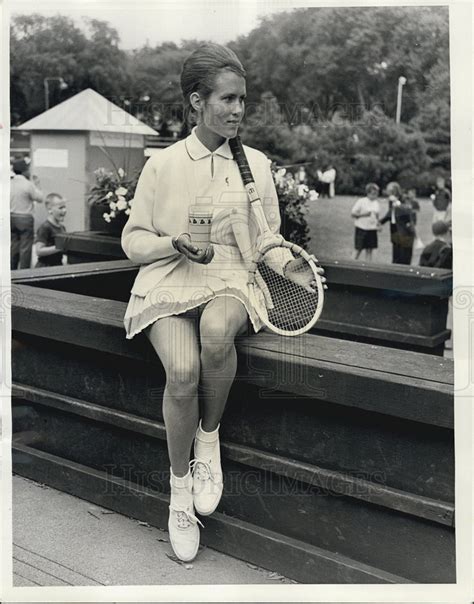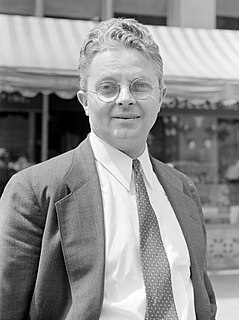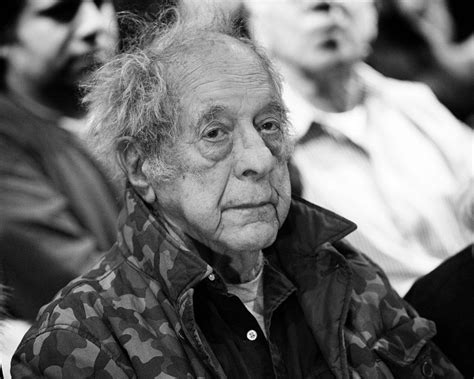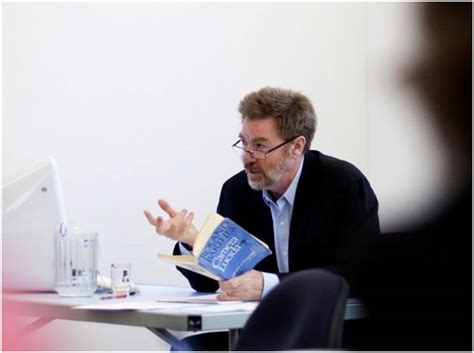A Quote by Thierry Mugler
A photograph must come from imagination and not be a reflection of what is.
Quote Topics
Related Quotes
How foolish of me to believe that it would be that easy. I had confused the appearance of trees and automobiles, and people with a reality itself, and believed that a photograph of these appearances to be a photograph of it. It is a melancholy truth that I will never be able to photograph it and can only fail. I am a reflection photographing other reflections within a reflection. To photograph reality is to photograph nothing.
If we come to sleep we are His drowsy ones And if we come to wake we are in His hands If we come to weeping we are His cloud full of raindrops And if we come to laughing we are His lightning in that moment If we come to anger and battle it is the reflection of His wrath And if we come to peace and pardon it is the reflection of His love Who are we in this complicated world?
Influences come from everywhere but when you are actually shooting you work primarily by instinct. But what is instinct? It is a lifetime accumulation of influence: experience, knowledge, seeing and hearing. There is little time for reflection in taking a photograph. All your experiences come to a peak and you work on two levels: conscious and unconscious.
The minute you start saying something, 'Ah, how beautiful! We must photograph it!' you are already close to view of the person who thinks that everything that is not photographed is lost, as if it had never existed, and that therefore, in order really to live, you must photograph as much as you can, and to photograph as much as you can you must either live in the most photographable way possible, or else consider photographable every moment of your life. The first course leads to stupidity; the second to madness.
We have three approaches at our disposal: the observation of nature, reflection, and experimentation. Observation serves to assemble the data, reflection to synthesise them and experimentation to test the results of the synthesis. The observation of nature must be assiduous, just as reflection must be profound, and experimentation accurate. These three approaches are rarely found together, which explains why creative geniuses are so rare.
